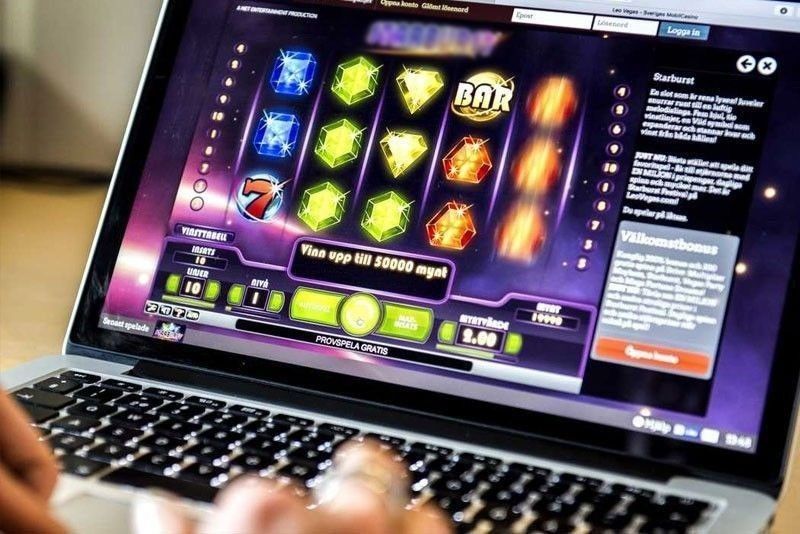‘Billions in franchise tax lost if POGOs reclassified as BPOs’

MANILA, Philippines — Treating Philippine offshore gaming operators (POGOs) as business process outsourcing (BPO) firms will jeopardize the country’s efforts to collect franchise tax owed to the government in 2019 by a majority of the 60 licensed online gaming operators, Senate Minority Leader Franklin Drilon warned yesterday.
The Philippine Amusement and Gaming Corp. (Pagcor) earlier pushed for the reopening of POGOs with restrictions, saying the online firms can be considered as BPOs. The Inter-Agency Task Force allowed the partial operation of POGOs, citing that they are an essential industry and considered BPOs.
“To say that POGOs are part of our BPO industry is a dangerous argument. It has far-reaching implications that will put the government at a grave disadvantage,” Drilon said in a statement.
“The POGOs can use the statement as a defense against paying the five percent franchise tax being imposed by the government. It will also put at risk the license fee being collected by the Pagcor,” he said.
Under the law, the senator explained, the authority to operate and conduct games of chance is centralized in Pagcor. Entities including POGOs can engage in the gambling business only upon grant of a license or franchise from Pagcor. To do that, they must pay the franchise tax.
He said if POGOs are considered BPOs, then there would be no need to pay the franchise tax and the license fee.
“They’re (POGOs) not paying taxes, and now its seems they will be given incentives granted to real BPOs,” he said.
At the last hearing of the Senate committee on labor on the influx of POGO workers, the Bureau of Internal Revenue (BIR) disclosed that most of the 60 licensed POGOs owed the government around P50 billion in unpaid taxes in 2019, a significant portion of which represents unpaid franchise tax. The government vowed to run after tax evaders from the POGO industry.
“The BIR is already having difficulty collecting taxes from POGOs as it is. With the statement putting them in the same league as BPOs, even the collection of the franchise tax could be put in peril,” Drilon warned.
He slammed Pagcor’s assertion that allowing POGOs to operate would generate revenues to finance the campaign to ease the impact of the coronavirus disease 2019 (COVID-19) pandemic.
“That’s a very deceptive assertion. It is the POGOs that owe the government billions of pesos in unpaid taxes. They should pay first,” he said.
He wished the BIR success in running after delinquent POGOs and expressed hope that officials of the administration refrain from issuing statements that could further undermine the efforts BIR exerted to collect unpaid taxes from POGOs.
“If only these POGOs would pay their taxes, the amount would go a long way in our effort to alleviate the plight of the poor heavily affected by the crisis caused by the coronavirus disease,” he said.
He said the law is clear that POGOs are part of the gaming industry, not the BPO industry.
To claim that POGOs are BPO companies is insulting to the industry that has fueled the Philippine economy for decades, he said.
BPO is a setup where non-primary business activities are outsourced to a third party – this includes accounting, payroll services and customer-support.
In the case of POGOs, Drilon said, the service they offer is the main business, as they bring the games directly to players who reside in another country, by taking their bets and paying the winners.
The main business of gambling is carried out in the Philippines because it is illegal in the place where the players reside, primarily China. This modus is a far cry from what legitimate BPOs in the country do, he said.
The rules and regulations for POGOs issued by the Pagcor in September 2016 are clear – POGOs are engaged in the “game of chance” business, he said. – With Alexis Romero, Artemio Dumlao
- Latest
- Trending




























